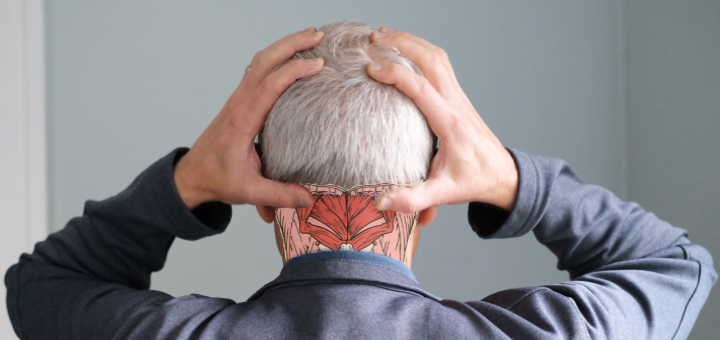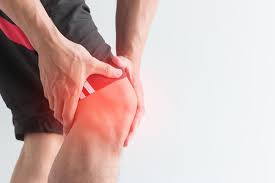2024-05-09 17:08:59

How to Perform Basic Physiotherapy Exercises at Home?
Posted By Admin
Performing basic physiotherapy exercises at home can be an effective way to manage pain, improve mobility, and enhance overall well-being. Consulting with the Best Physiotherapist In Greater Noida will have a great impact on overall health.
Why is consultation with a physiotherapist important before starting exercise at home?
Before beginning any home exercise program, it's important to consult with a physiotherapist to assess your condition and receive personalized recommendations. They can provide guidance on which exercises are safe and beneficial for your specific needs.
A step-by-step guide to help you get started.
Warm-Up: Start your home physiotherapy session with a gentle warm-up to prepare your muscles and joints for exercise. This can include activities such as walking, cycling on a stationary bike, or performing dynamic stretches for the major muscle groups.
Range of Motion Exercises: Range of motion exercises help improve flexibility and joint mobility. These exercises involve moving a joint through its full range of motion, gradually increasing the distance as tolerated. Examples include shoulder circles, knee bends, and neck rotations.
Strengthening Exercises: Strengthening exercises target specific muscle groups to improve strength and stability. Common exercises include leg lifts, squats, lunges, and resistance band exercises. Start with light exercises and then increase as you build strength.
Core Stability Exercises: A strong core is essential for maintaining proper posture and preventing injury. Incorporate exercises such as plank variations, abdominal crunches, and pelvic tilts to strengthen the muscles of the abdomen, lower back, and pelvis.
Balance and Coordination Exercises: Balance and coordination exercises recommended by the Best Physiotherapy Center In Greater Noida help improve and reduce the risk of falls. Simple exercises like standing on one leg, heel-to-toe walking, and balance board exercises can challenge your balance and stability.
Stretching: Stretching exercises help improve flexibility, reduce muscle tension, and prevent stiffness. Focus on stretching major muscle groups, holding each stretch for 20–30 seconds without bouncing. Incorporate stretches for the calves, hamstrings, quadriceps, hips, chest, shoulders, and back.
Cool Down: Finish your home physiotherapy session with a cooldown to gradually lower your heart rate and prevent muscle soreness. Perform gentle stretches or relaxation techniques to promote recovery and relaxation.
Progression and Monitoring: As you become more comfortable with your home exercise routine, gradually increase the intensity, duration, and complexity of your exercises. Monitor your progress and listen to your body, adjusting your routine as needed to prevent overexertion or injury.
Conclusion:
By implementing these simple physiotherapy exercises suggested by the
Top Physiotherapy Clinic In Greater Noida into your daily routine will help. Sticking to your regimen, you may successfully improve your physical function, relieve pain, and improve your overall quality of life from the comfort of your own home.

 2021-10-28 10:33:00
2021-10-28 10:33:00
 2021-10-28 10:34:11
2021-10-28 10:34:11
 2021-10-28 10:35:23
2021-10-28 10:35:23
 2021-10-28 10:36:16
2021-10-28 10:36:16
 2021-11-19 11:24:50
2021-11-19 11:24:50
 2021-12-04 08:21:38
2021-12-04 08:21:38